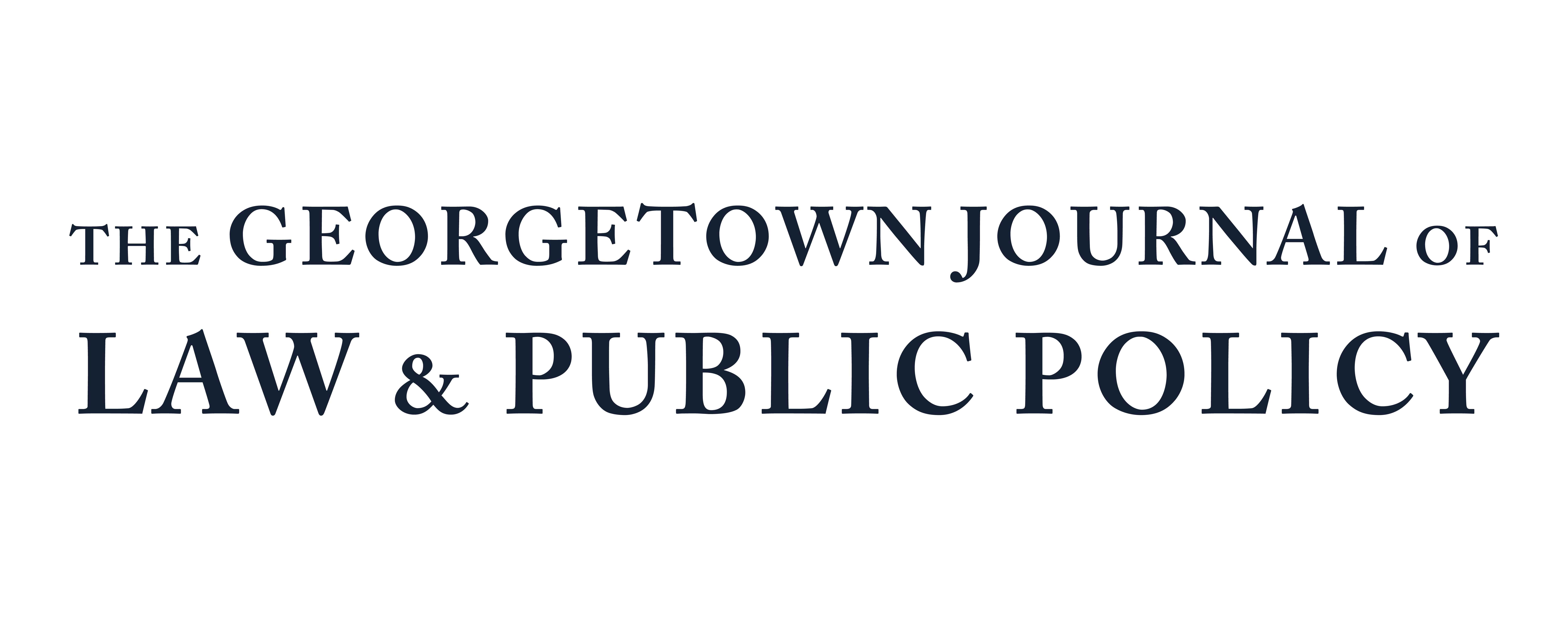Cannabis, Justice, Race, and Politics
INTRODUCTION: CANNABIS AND CLEMENCY
Almost two years after Maryland voters approved a referendum legalizing the possession or use of cannabis for medical or recreational purposes, on June 17, 2024, Maryland Governor Wes Moore issued an executive order granting a mass pardon (often called an amnesty1) to between 100,000 and 175,000 offenders convicted in Maryland state courts of the misdemeanor crimes of cannabis possession or possession with the intent to use drug paraphernalia.2 Governor Moore stated that he issued the pardons to achieve three results: (1) to eliminate any lingering adverse effect of a conviction for conduct that is now lawful,3 (2) to remove barriers to employment and housing for people convicted of low-level cannabis offenses by eliminating convictions from their records,4 and (3) to address the disproportionate investigation and prosecution of blacks for cannabis offenses.5 To implement his order, the governor asked the Maryland judiciary, with the assistance of the state Department of Public Safety and Correctional Services, to identify and list the specific people who should receive the relief he granted.6
Governor Moore’s action will be lauded by three groups: one supporting criminal justice reform, one claiming that the Maryland criminal justice system had discriminated against blacks, and one supporting politicians—whether Democratic or Republican, whether conservative or liberal—who see cannabis reform as a political boon for their preferred officials and candidates. The rationale that each of those groups would voice, however, is different from the others. Each justification should be examined separately.
See Knote v. United States, 95 U.S. 149, 152-53 (1877) (noting that the term “amnesty” is “generally employed where pardon is extended to whole classes or communities, instead of individuals”).
The State of Maryland, Executive Dep’t, Off. of Gov. Wes Moore, Executive Clemency Full Pardons of Certain Convictions for Cannabis Offenses (June 17, 2024) [hereafter Moore Cannabis Pardon], https://governor.maryland.gov/Lists/ExecutiveOrders/Attachments/53/Executive%20Clemency%20-%20Full%20Pardons%20of%20Certain%20Convictions%20for%20Cannabis%20Possession_Accessible.pdf [https://perma.cc/J8B4-X59N]; see, e.g., Erin Cox et al., Maryland Governor to Pardon 175,000 Marijuana Convictions in Sweeping Order, WASH. POST, June 17, 2024, https://www.washingtonpost.com/dc-md-va/2024/06/16/maryland-mass-pardon-marijuana-conviction/ [https://perma.cc/7RPK-5UU4]; Rachel Nostrant, Maryland Governor Pardons 175,000 Marijuana Convictions, N.Y. TIMES, June 17, 2024, https://www.nytimes.com/2024/06/17/us/maryland-marijuana-pardon-wes-moore.html?searchResultPosition=1 [https://perma.cc/3T6Y-GZMU]; Gareth Vipers, Maryland Issues Mass Pardon for More than 175,000 Marijuana Convictions, WALL ST. J., June 17, 2024, https://www.wsj.com/us-news/maryland-to-issue-mass-pardon-for-more-than-175-000-cannabis-convictions-47985c13?mod=Searchresults_pos1&page=1 [https://perma.cc/BC9E-AGQK].
“No one should continue to suffer the effects of a conviction for conduct that is no longer a crime in the State of Maryland[.]” Moore Cannabis Pardon, supra note 2, at 1.
Moore Cannabis Pardon, supra note 2, at 1 (“Despite the legalization of the personal use amount of cannabis, Marylanders have continued to face barriers to housing, employment, and educational opportunities as a result of possessing the personal use amount or lesser amounts of cannabis, sometimes decades ago[.]”); see Cox et al., supra note 2 (“‘If you want to be able to create inclusive economic growth, it means you have to start removing these barriers that continue to disproportionately sit on communities of color.’”).
Moore Cannabis Pardon, supra note 2, at 1 (“Black Marylanders have been arrested, prosecuted, and convicted for possession of cannabis at disproportionate rates, and the lasting disproportionate impact of arrest and prosecution for cannabis possession is antithetical to the Maryland voters’ overwhelming approval of the legalization of cannabis use and possession and to the fair and equitable administration of justice[.]”); Cox et al., supra note 2 (quoting Governor Moore: “‘I’m ecstatic that we have a real opportunity with what I’m signing to right a lot of historical wrongs,’ Moore said in an interview.”); cf. Nostrant, supra note 2, (“‘Today is about equity; it is about racial justice,’ Anthony Brown, Maryland’s attorney general, said on Monday. ‘While the order applies to all who meet its criteria, the impact is a triumphant victory for African Americans and other Marylanders of color who were disproportionately arrested, convicted and sentenced for actions yesterday that are lawful today.’”).
Moore Cannabis Pardon, supra note 2, at 2-3.

